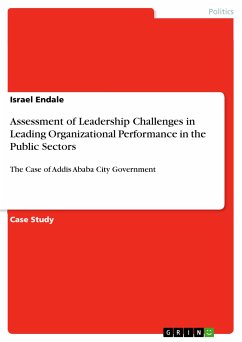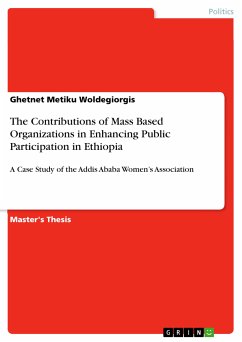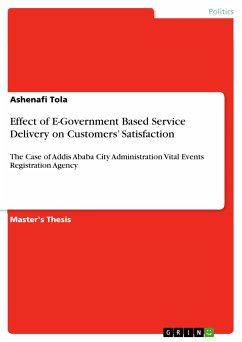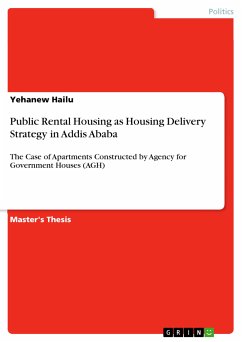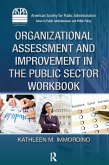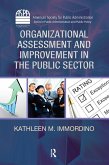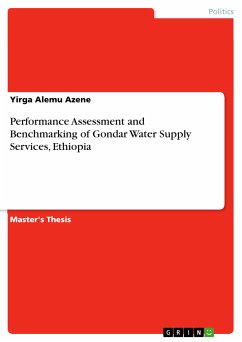Case Study from the year 2016 in the subject Politics - Methods, Research, grade: A, , language: English, abstract: Leadership is an important task which is concerned with the process of influencing the behavior of subordinates in the direction of goal attainment. Hence, the performance of public sector organizations basically depends, largely on their leadership. However, the performance of public sector organizations of Addis Ababa City Government highlighted sorts of implementation deficiencies in leading organizational performance. Accordingly, the general objective of this study was to assess challenges of leadership in leading organizational performance in Addis Ababa City Government with 4 specific objectives; those were to identify leadership challenges in leading organizational performance; to describe leadership mindset in leading performance; to assess attitudes of employees towards managing performances and assess to what extent leadership is effective in implementing good governance principles so as to enhance organizational performance. The study employed an explanatory research design with a composite of qualitative and quantitative approaches. Employees and process owners from Micro & Small Enterprise, Education, Health, Construction and Trade bureaus were selected through simple random sampling technique, while bureau heads were selected through availability sampling techniques. The data were gathered through questionnaire, interview and focus group discussion. Then, 142 sample population were selected as a sample; 136 of them were found to be valid for the analysis, as well 5 bureau heads were incorporated in the interview. Also 10 individuals of FGD were employed with process owners of the selected bureaus of the city government. Mann-Whitney U test was used to compare ordinal data across groups (leaders and employees).
Dieser Download kann aus rechtlichen Gründen nur mit Rechnungsadresse in A, B, BG, CY, CZ, D, DK, EW, E, FIN, F, GR, HR, H, IRL, I, LT, L, LR, M, NL, PL, P, R, S, SLO, SK ausgeliefert werden.

